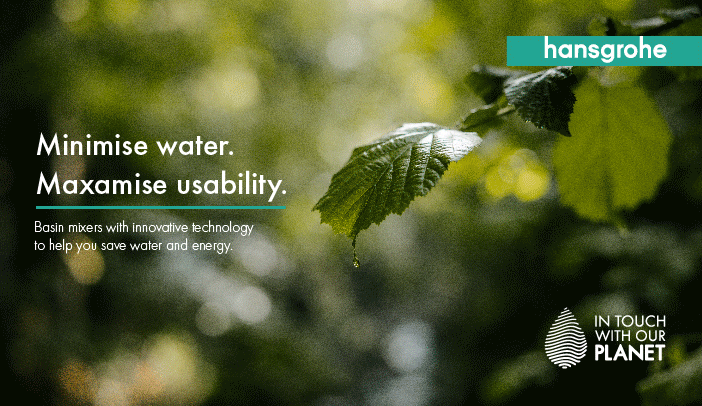- The City of Cape Town is planning to invest R4,3 billion in water and sanitation infrastructure over the 2023/2024 financial year, starting 1 July 2023.
- This Council-approved budget aims to continue to build Cape Town’s water future and resilience.
- It further echoes the Water and Sanitation Directorate’s commitment to providing access to good quality water, as well as ensuring that communities do not suffer sewer overflows and that adequate sanitation is provided in informal settlements where possible.
The City’s R18,5 billion Water and Sanitation budget for the next three financial years 2023/24, 2024/25 and 2025/26 was approved at the Council meeting on Wednesday, 31 May.
Of this, R4,3 billion is planned for the 2023/24 financial year.
‘Over the current financial year, we have already seen various key investments being done. While those achievements are recognised and celebrated, we still need to do more. This is because doing the basics better remains a priority for the City of Cape Town. The budget of R18,5 billion for the next three years echoes this commitment.
‘Thank you to our residents for their contribution. All these investments are geared towards building a ‘City of Hope’ and actioning our Water Strategy. This is to ensure we continue to deliver clean, reliable drinking water and dignified sanitation services to residents in Cape Town as well as treat wastewater so that we safeguard our environment and improve inland water quality,’ said Mayoral Committee Member for Water and Sanitation Councillor Zahid Badroodien.
2023/2024 Water and Sanitation budget in a nutshell:
Wastewater Treatment Works (WWTW)
- R123 million on upgrades/refurbishment of sewer pump stations. Approximately 10 routine pump station upgrades are planned and will be delivered upon this financial year. Our Pump Station Security Upgrade programme will see the addition of reinforced steel doors, concrete walls, CCTV cameras and security personnel among others at 38 sites.
- R246,5 million on replacing 100km of sewer pipes. Areas include Brackenfell Industrial, Stikland Industrial, Kraaifontein Industrial, Bellville, Welgemoed, Bergvliet, Muizenberg, Lotus River, Constantia, Tokai, Wynberg, Broadlands, Strand, Kuils River, Mission Grounds/Sir Lowry’s Pass, Tuscany Glen, Eerste River South, Kraaifontein, Eversdal, Brackenfell, Bellville, Brackenfell Industrial, Dunoon, Joe Slovo, Langa, Philippi, Samora Machel, Crawford/Lansdowne, Uitsig, Bakoven/Camps Bay, Ravensmead, Rondebosch, Gugulethu, Parow Industria, Avondale, Parow, Bishopscourt, Clifton, Lansdowne, Athlone, Claremont, Lower Crossroads, Bridgetown, Fresnaye.
- R523 million to tackle sewer spills by upgrading bulk sewers in Cape Flats, Philippi, Milnerton and Gordons Bay.

















